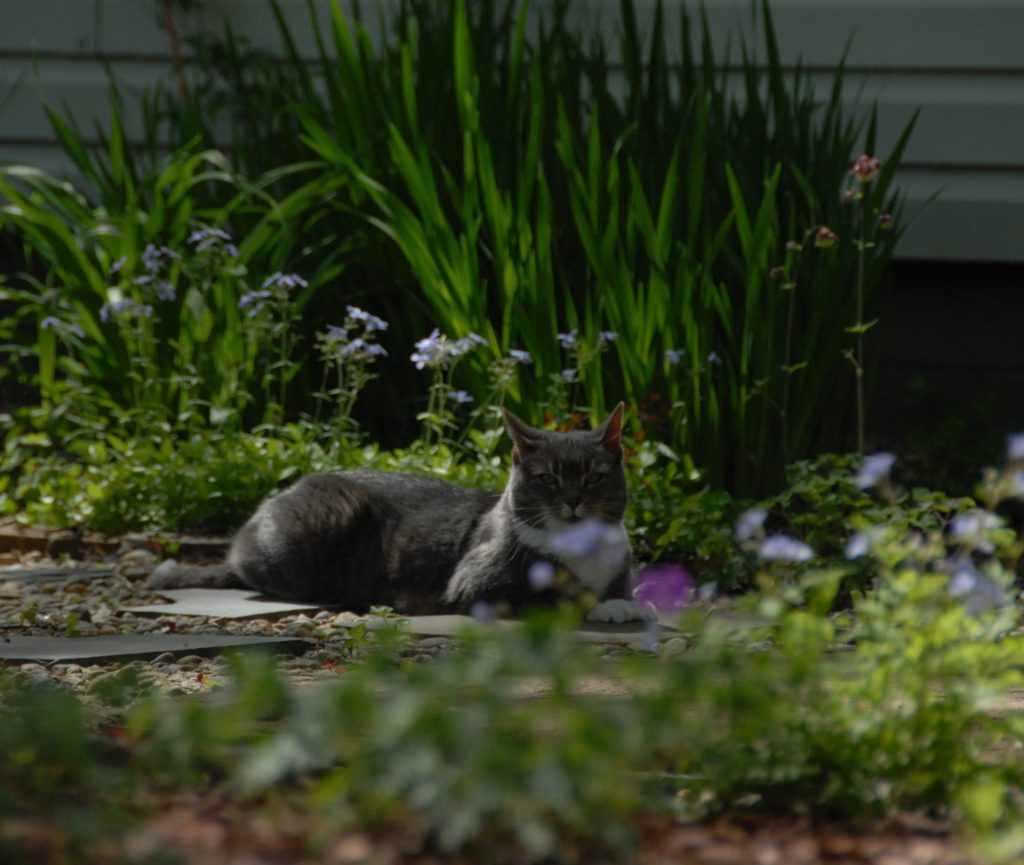
While cruising the internet recently, I found this: http://www.openculture.com/2013/02/seven_tips_from_ernest_hemingway_on_how_to_write_fiction.html
My thanks to Open Culture for putting together this list and explanations of Hemingway’s advice. I mostly agree with Hemingway. But hey, put ten writers in a room and you’ll get twenty different ideas of the best way to write. So, where do I agree and disagree?
Write a true sentence. That feels like a tall order at 6 a.m. when the house is cold and the cat is yowling for more food and you’ve barely had a swig of coffee. You could end up staring at a blank page for half the morning if you set the bar that high. Perhaps consider this as: Write a sentence that excites you. That compels you to write the next sentence, and the one after that. Perhaps that is what a “true” sentence is.
Stop when you know what will happen next. I definitely recall getting this advice when I was starting out as a writer. The advice actually was: Stop in the middle of a sentence. You will always have a few words to write when you return to your desk. I practice this every day.
Don’t think about your story when not writing. I completely disagree with this one. For anyone who has limited time to write—which will happen if you need to work any sort of job to put food on the table, or are invested in a healthy marriage(which takes time), or would prefer to raise non-neurotic children (same)—those hours when you are away from the computer can be valuable time for plotting, or delving into character motivation, or figuring out that knotty problem of howto get two characters that live ten thousand miles apart together by the end of chapter two.
Reread what you’ve written. This is another piece of advice I agree with—to an extent. When I sit down at the desk in the morning, I reread at least what I wrote the day before, maybe a little more. I do not, however, go all the way back to the beginning. Or even a few chapters. I do keep notes, using Louise DeSalvo’s suggestion of a process journal to keep track of where I’m going and where I’ve been.
How to write emotions. Honestly, all the advice in the world is no substitute for sitting down and writing through the tough parts. Trying to convey an emotion successfully so that your readers are right there with your characters is one of the tough parts. I do agree that paying attention to what is going on around you and understanding how others react to specific events is a huge help for writers. Set your goal and keep writing until you reach it.
Use a pencil. Eh.I’ve written longhand, I’ve written on a typewriter, I’ve written on a computer. I prefer the computer. It’s faster, and since I have limited time to write every day, that simply makes sense. However, that does not make the revision process faster. Every novel I’ve ever written has gone through at least four drafts. The process between second draft and third draft involves working on a paper copy of my manuscript, pencil in hand, sheaf of notebookpaper beside me for long revisions.
Be brief. Yes,yes, and yes. There is that wonderful quote variously attributed to Blaise Pascal and Mark Twain and others that essentially says: “I would have written a shorter letter, but I did not have the time.” This is the way I write, constantly. Always too many words initially. Too many details. Too many prepositional phrases. Too many phrases period. Slowly, through those numerous drafts, I pare and cut and sharpen. Maybe not to the brevity Hemingway often achieved, but ultimately I find myself writing “true sentences.”
Leave a Reply